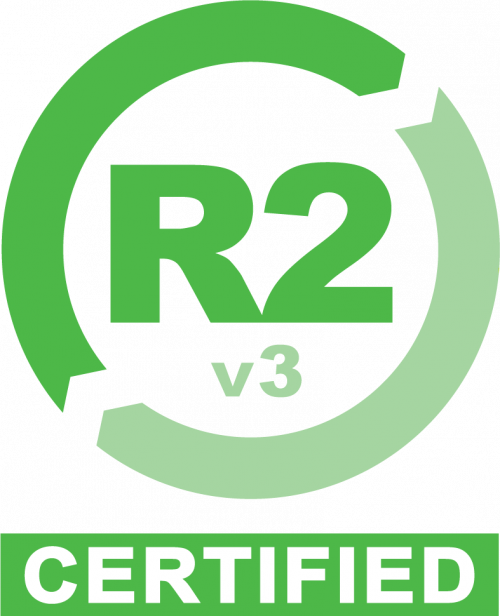Reclamation, Recycling and Disposal
Maximizing Value, Eliminating Liability and Risk. Not all equipment that is decommissioned and removed from service can be refurbished and put back into service. In these cases, the goal is to extract maximum value for the component parts while at the same time ensuring that in the process all environmental waste management and disposal practices are closely followed to minimize liability and risk from penalties, fines or other legal issues. CSG's extensive in-house processing capabilities and its network of recycling and environmental processors are critical to achieving higher recycling yields with 100% conformance with environmental regulations and industry best practices for electronics waste disposal.
Equipment that has been identified for destruction must first be sorted to individual component parts to include – cards, plug-in modules, wiring, frames, and scrap metal parts. These components are then separated by equipment type and potential recycling yield and then weighed before being transported to the designated processor. This is all done in-house rather than outsourced to downstream partners.
CSG has established and maintains industry best practices regarding the proper handling of electronics waste including batteries, generators, hazardous waste, fuel, oils, and other industrial fluids. State and local disposal requirements have been extensively mapped to internal procedures and policies to ensure that waste materials are properly identified, sorted, disassembled, recovered, transported, and ultimately documented. CSG has spent a number of years developing a very effective network of refining and recycling partners and building the systems and processes to manage this partner network efficiently. Once the components are inventoried, disassembled, and sorted, they are packaged and shipped to the processing partner that is best suited for each particular type of component or commodity. Samples from each shipment sent to our processors are tagged and sent to a third party testing laboratory for composition analysis to be used for validation of processing yields reported by each refinery partner. This level of audit control is critical to achieving optimal results, however very few, if any, in this industry actually have this acumen or take the time and effort to complete this step.
Sell Your Retired Telecom / IT Equipment

